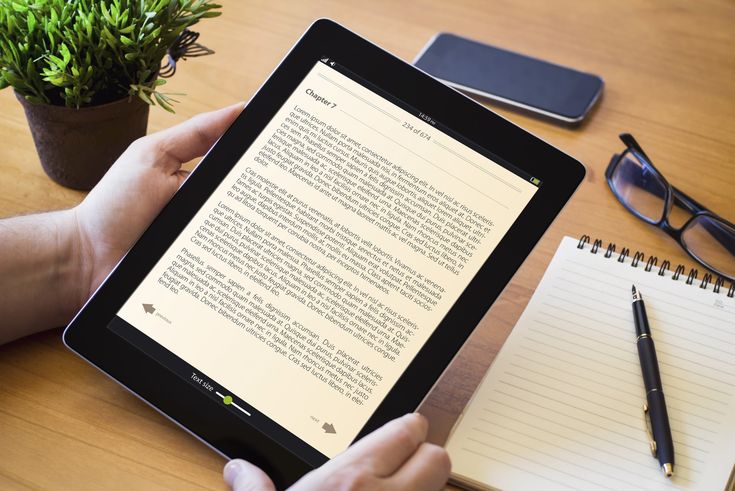Choosing a hybrid publisher can be an exciting step, offering a compelling blend of creative control, professional quality, and wider distribution. However, the hybrid publishing landscape is varied, and not all companies operating under the “hybrid” label adhere to the same high standards. To ensure you’re partnering with a reputable and effective publisher, asking the right questions before you sign a contract is absolutely crucial.
Here are the top questions authors should ask to vet a potential top hybrid book publishers:
1. What are your editorial and design standards, and what specifically is included?
- Why it matters: A legitimate publisher acts as a gatekeeper, only accepting manuscripts that meet their quality standards. They should provide professional editing and design.
- What to ask:
- “What levels of editing are included in my package (developmental, copyediting, proofreading)? How many rounds of revisions are included at each stage?”
- “Who will be my editor, and can I see samples of their work or their qualifications?”
- “How much input will I have on the cover design and interior layout? What’s the process for revisions?”
- “Can you show me examples of books you’ve published in my genre, and can I purchase a copy to review the physical quality?”
2. How are royalties calculated and paid, and what percentage do authors receive?
- Why it matters: Higher royalty rates are a key benefit of hybrid publishing compared to traditional. Transparency is essential.
- What to ask:
- “What percentage of royalties do authors receive for print books, ebooks, and audiobooks?” (Aim for 50% of net sales or higher).
- “Is the royalty calculated on the net sales (what you receive from the distributor) or the list price (retail price)? Please clarify.”
- “How often are royalty statements issued, and how often are payments made?”
- “Will I have direct access to sales data from distributors (e.g., IngramSpark, KDP Print)?”
3. What is the total financial investment required from me, and what exactly does it cover?
- Why it matters: Transparency about costs is a hallmark of an ethical hybrid. Avoid hidden fees.
- What to ask:
- “Please provide a detailed breakdown of all fees. What services are included in the base package, and what are optional add-ons?”
- “Are there any ongoing or hidden fees after publication?”
- “What are the costs for author copies, and what is the discount I’ll receive?”
- “Is there a refund policy or a clause for termination if I’m not satisfied with services at a certain stage?”
4. What are your distribution capabilities?
- Why it matters: A strong distribution network is crucial for your book to reach readers beyond direct online sales.
- What to ask:
- “Do you distribute through Ingram Content Group? If so, what level of service (e.g., Ingram Publisher Services)?”
- “How will my book be made available to physical bookstores and libraries?” (Note: “Available” is not the same as “on shelves.”)
- “How will my book be available on major online retailers (Amazon, Barnes & Noble, Apple Books, Kobo, etc.)?”
- “Do you offer international distribution?”
5. What kind of marketing and promotional support do you provide?
- Why it matters: While authors are expected to do much of the marketing, a good hybrid publisher will provide significant guidance and foundational support.
- What to ask:
- “What specific marketing activities are included in the publishing package (e.g., press release distribution, catalog listings, social media features)?”
- “What level of marketing strategy consultation do you provide?”
- “Do you help with building my author platform, or just promote the book itself?”
- “Do you offer additional marketing or publicity services as an add-on? If so, what are the costs and expected outcomes?”
- “What is your expectation for the author’s role in marketing the book?”
6. What are the terms of the contract regarding rights and reversion?
- Why it matters: You should generally retain your copyright and have clear terms for getting your rights back if the partnership doesn’t work out.
- What to ask:
- “Will I retain the copyright to my book?” (The answer should be YES).
- “What is the term (length) of the publishing agreement?”
- “Is there a clear rights reversion clause, outlining how and when I can get my rights back (e.g., if sales fall below a certain threshold, or after a specific number of years)?”
- “Do you ask for exclusive rights to subsidiary rights (e.g., film, foreign translation, audiobook) or do those remain with the author?”
7. Can I speak with other authors you have published, particularly in my genre?
- Why it matters: Direct testimonials from current authors offer invaluable insight into the publisher’s actual performance and author experience.
- What to ask:
- “Could you provide contact information for 2-3 authors you’ve worked with recently?” (A reputable hybrid publisher will be happy to do this).
- When talking to authors, ask about: their satisfaction with the process, the quality of services, the publisher’s communication, sales performance, and royalty payment accuracy.
8. What is your vetting process, and what criteria do you use to select manuscripts?
- Why it matters: A legitimate hybrid publisher is selective. If they accept every submission, they are likely a vanity press.
- What to ask:
- “What is your typical acceptance rate?”
- “What specific qualities or elements do you look for in a manuscript when deciding to offer a contract?”
- “What is your publishing mission and vision?”
By thoroughly researching and asking these pointed questions, authors can confidently navigate the hybrid publishing landscape, identify a true partner, and avoid potential pitfalls, ultimately leading to a more successful and satisfying publishing experience.

